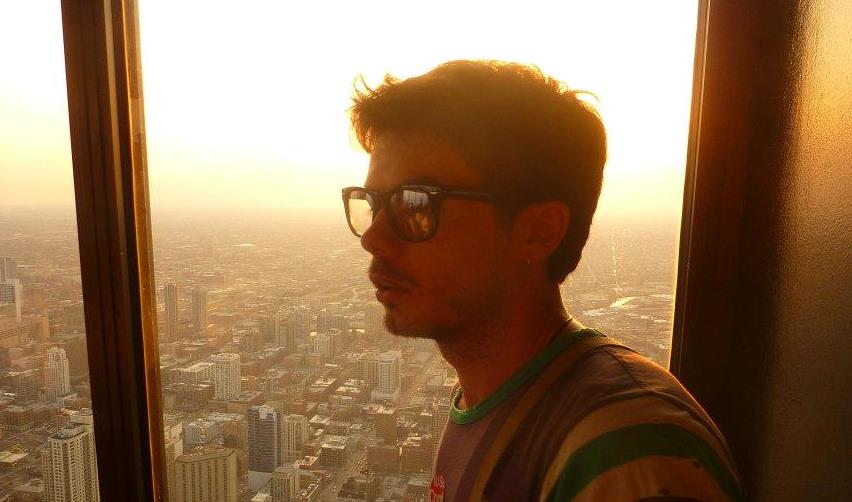"More than just the boon of free coffee"
Being a postdoc at HSE Center for Historical Research: Dominic A. Martin

Many people rightly ask, what are postdocs and what do they do? No longer a graduate student, not yet a fully-fledged academic: postdocs are the liminal beings of the academy. A postdoc's reputed goal: to disseminate dissertation research to wider audiences through publications and presentations; to grow a reputation as an innovative researcher and an inspiring teacher. A postdoc's time is spent crystallizing and polishing for the wider academic community insights that emerged rough-hewn from PhD research; on formulating and hatching new projects and future collaborations.
I was once told by a slightly cynical Cambridge contemporary that being a postdoc was but being a PhD student yet with free coffee, i.e. everyday life and work was little different from that of a PhD student. Yet while the majority of a postdoc's time is still dedicated to full-time research, the life of a postdoc, at the HSE at least in my experience, heralds far more exciting and stimulating changes to scholarly existence than simply the boon of free coffee.
First, there is vibrant intellectual community. Research and writing no doubt involve a degree of isolation - that next page won't type itself! But there are many opportunities at the HSE Center for Historical Research, both formal and informal, for meeting with experienced colleagues, for establishing contacts and for getting vital input and feedback on one's work.
Second and relatedly, there is a diversity of intellectual opportunity. For a postdoc interested in post-Soviet religious phenomena, as I am, one can attend and participate in St Petersburg's various academic gatherings in the afternoon and then have a glass of Georgian wine with world experts in the field over dinner. For a postdoc desirous to unpick the dense skein of connections by which traditions subsist and revive in a seemingly secular world, one can either systematically pursue these links in the archives of the Museum of History of Religion, or have a serendipitous conversation with a Cossack in a cafe. Only one should add that the 'either/or' in the previous sentence is merely a rhetorical, not a logical relation since, if it weren't for the scarcity of that one commodity or gift which according to Seneca not even the most grateful recipient can repay, namely time, then all these myriad intellectual opportunities would be potentially subject to the syllogistic syntax of 'both-and'. Because there are so many, too many...
A postdoc coming from a cloistered campus university like Cambridge to a global city-based university like HSE St Petersburg might experience the change of academic environment as comparable to moving from, to borrow the concepts of philosopher Peter Sloterdijk, a bubble into a foam; that is, from a rarefied but restricted comfort bubble of learning, to a dynamic, cosmopolitan pluriverse that fizzles with intellectual possibilities and conjunctures. Access to libraries and archives, meetings with scholars, ethnographically and historically interesting phenomena on virtually every corner: a postdoc at HSE St Petersburg is fortunate indeed.
One would think that confronted with such an embarrassment of research riches, teaching would be nothing but a mild distraction, but thanks to the HSE's vibrant student body – the opposite is the case, naborot! For an anthropologist of Russia the chance to discuss with the cream of Russian youth such diverse topics as (trans-)gender and kinship, economy and society, religion and magic, truth and ethics is priceless. According to conventional academic wisdom, research and teaching should fold into one another. And for a postdoc teaching at the HSE who works on Russian topics this multiplier effect, often difficult to achieve in practice, is realized effortlessly: I come away from the seminars I teach with new and more developed ideas, and plan to incorporate them into future teaching/research. It is this rewarding give-and-take of intellectual reciprocity with senior colleague, peers and students that, as Marcel Mauss showed for all forms of sociality, gives scholarly life at the Center for Historical Research both its dynamic engine and its espirit de corps.
Research Fellow
